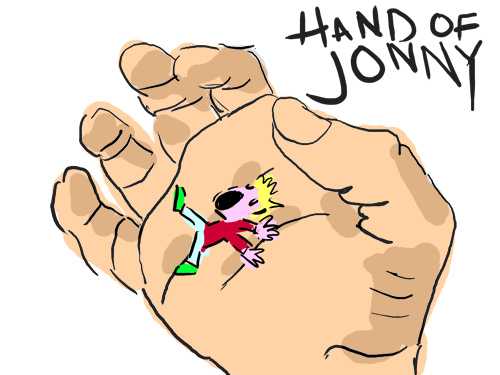 According to statistics (pdf), back in 1997 roughly 60% of prices were of $.9 nature. Walking through the mall, I see this is (more than) true for today.
According to statistics (pdf), back in 1997 roughly 60% of prices were of $.9 nature. Walking through the mall, I see this is (more than) true for today.
That said, the tactic is widely used and no secret for anyone.
So how do you react to that 9.99-pitch? Does it effect your rational thinking making you believe that 9.99 is way better than 10?
We seem to see those prices all over the stores, can it still be working?
In reality, the odd pricing has become so well-spread that consumers get irritated by it.
This 9.99 mania is well summed up by this anti-consumerism video:
Surprisingly, studies show the 9.99 tactic still works like a charm. It is reported that .99 fraction not only influences people’s perceptions of prices, but boosts their buying.
The tactic success is based on one or several of the following shopping theories:
“False Rounding” (or Left Digit Effect):
Instead of doing proper rounding, buyers tend to ignore fractional digits (those that come after the dot).
This comes from our habit to read from left to right. So we first see and perceive the first digit and make our further judgments based on it ($19.99 versus $20).
This theory is rather controversial. Many surveys claim people are still able to quickly estimate “the real” product value and do absolutely proper rounding.
“False Discount” (or Right Digit Signal)
Fraction implies that the seller is offering the least possible price.
Fraction makes the price feel like a bargain. It also implies that the buyer did a thorough research and counting before coming to the ultimate price.
The implication of the discount accounts for the emotional reaction. “There’s an instinctive kick to getting a discount that makes a difference to consumers.”
Following the Tradition
Our eye is so used to fractions that rounded prices just look odd.
Fractional pricing has already turned into the well-established tradition; trying to break it may result in the loss of money, so sellers just follow the fashion in order not to confuse their customers.
Are You Immune?

Of course, even if you find yourself vulnerable to this sort of technique, can you actually be blamed for that? We are always in haste. Even we are well aware we are being tricked, we can be making our decisions subconsciously. “When a person goes through a supermarket buying things, is it worthwhile for him to study and take in the price information of each product in full?”
Post image by Fortyseven, by jonny goldstein












